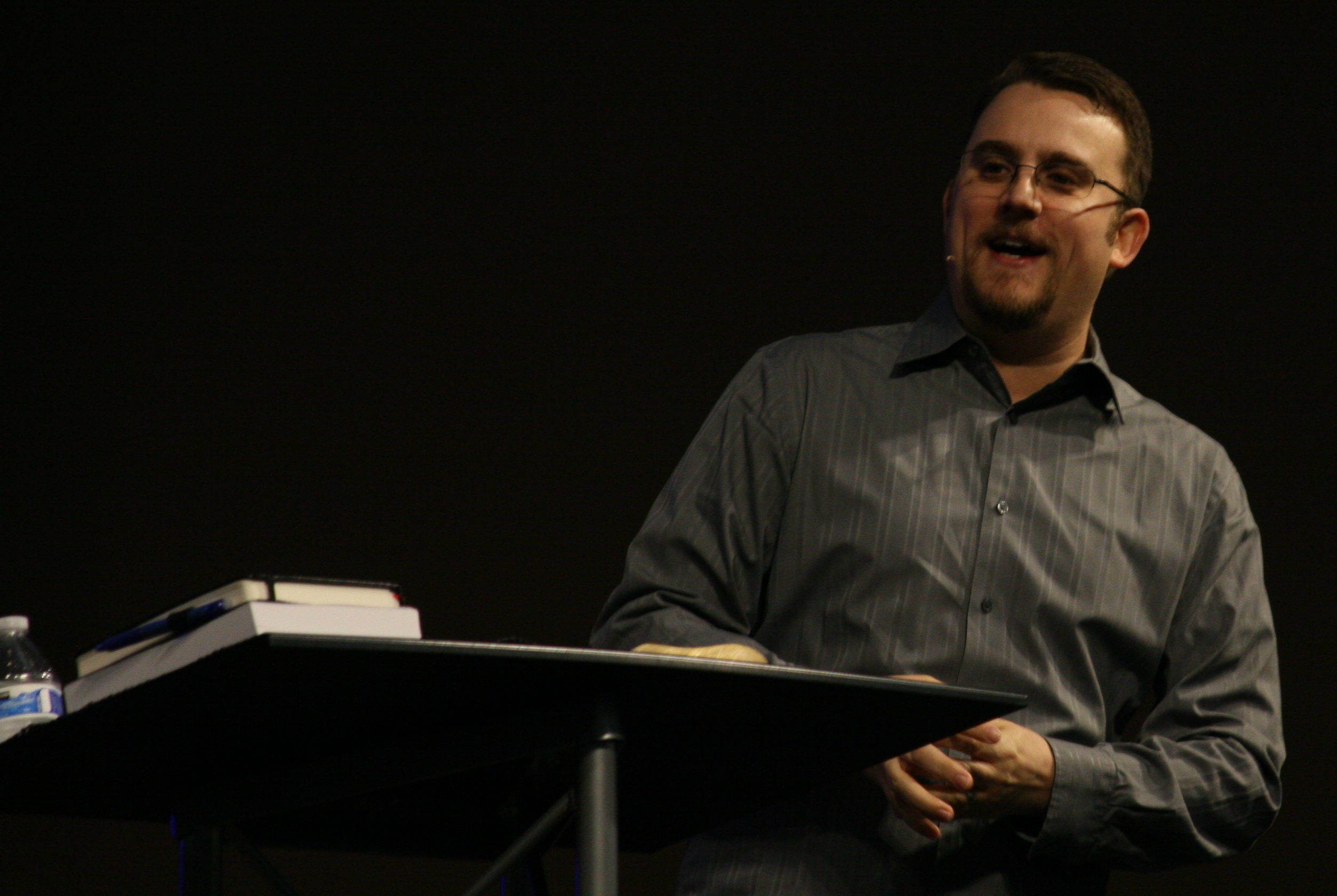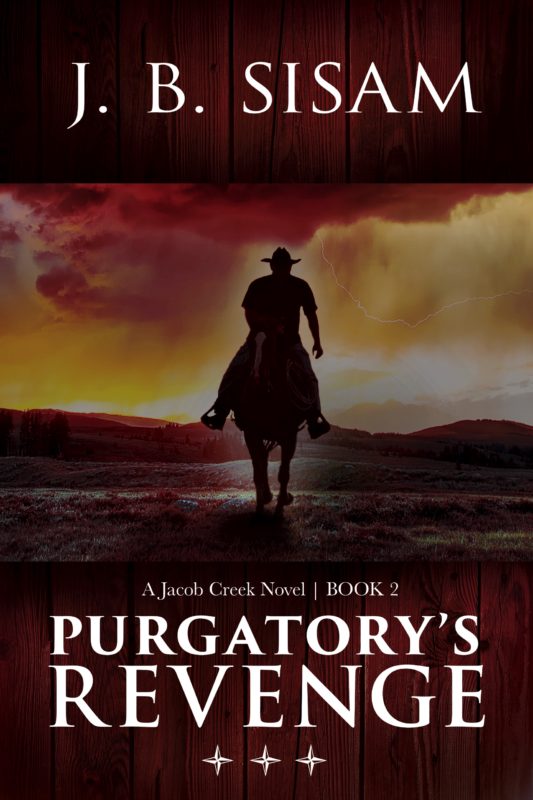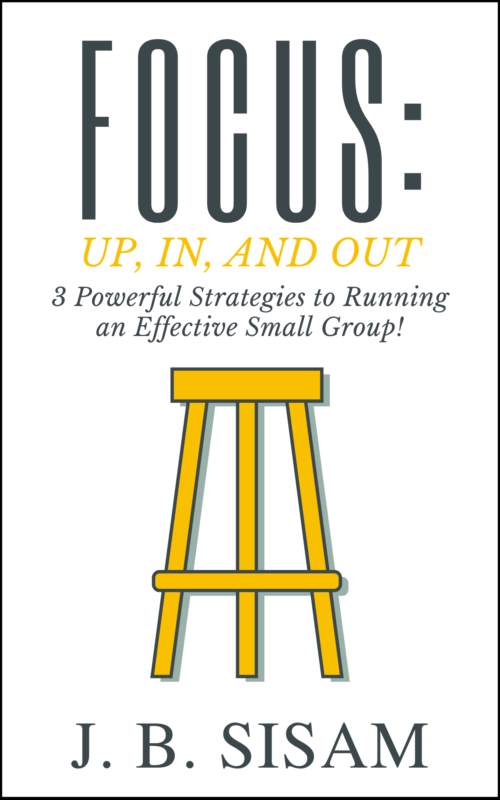I love to write. It’s fun to sit down and watch the cursor put words onto the screen. However, if you’ve ever sat down to write a book, after a few pages you wonder if you’ll ever get your book written.
[featured-image single_newwindow=”false”]
Writing a novel is a daunting task, but with the right tools and gumption, you can accomplish this monumental task.
I began working on a novel in college. It didn’t take me long to realize I fulfilled my entire plot by page 10. What was I doing wrong, and why couldn’t I finish my story?
Flash-forward to 2008 and I was knee deep into writing a novel that I was proud of–albiet a different story altogether. I carefully finished the last chapter, did a self-edit and had the book bound. That Christmas, I gave out copies of them to my family and a few close friends.
That first draft was nowhere complete, and it certainly needed work. But the principles I put in place have guided me on writing any book. Now, with two books under my belt–with a third in the works–and a few short ebooks, I know what it takes to see success and finish my novel’s first draft.
So how do you write a novel without all the headache that goes along with it? Four ways.
1. Begin with an idea.
No great book just happens. I’ve been reading Go Set a Watchman by Harper Lee. It’s the much-awaited sequel to To Kill a Mockingbird. What I learned, Go Set a Watchman was written before the famous latter. Her editor found To Kill a Mockingbird hidden away as a flashback scene, and told her to write that instead.
Your novel is not too dissimilar. Every story needs a beginning. Every book is birthed out a portion of that story.
When you’re beginning to flesh out the idea, write down anything and everything that comes to mind. I use Workflowy.
2. Write a simple outline.
Once you have your idea, it’s time to begin fleshing out the details. This is where the rubber meets the road. Every great book needs to know where it’s going before you begin.
This is where outlining comes in handy. Now, if you’re a pantser (someone who writes by the seat of their pants) pay attention. I’m not saying you need to be detailed, but I am saying you need to know where your story is headed, what the major plot is before you begin.
Without this, your book will fail. I know this because I have several failed manuscripts on my computer right now.
Be as detailed as you need to be to begin. But here’s my caution, don’t let outlining keep you from beginning to write your first chapter. I’ve met several people who are forever in the outlining stage, they never start writing.
A simple outline could entail writing your chapters and giving them titles with a simple paragraph description. The goal is to begin fleshing out your idea.
3. Write your last chapter.
This is probably the most critical part of writing. Planning your novel. If you don’t know where you’ll end up, you’ll never arrive at your intended destination.
Think of Google Maps. When you’re planning your trip, you enter your final destination, then your starting point. Writing a novel is very similar. If you begin writing your end result, when you begin, you know how you’re going to end the story.
If you’ve not tried this approach to writing a novel, I recommend giving it a try. Beginning your writing adventure with the final destination will help you stay on target and finish your story strong, instead of falling into your ending.
No one likes a cobbled together ending.
4. Write your first 3 chapters.
As with writing your last chapter, you need to know how you’re going to begin writing your story. My suggestion is to begin writing your first three chapters. This step will enable you to start with a strong beginning.
When I’m working on a novel, the first few chapters gives me a sense of where the story is headed and where my first major conflict will happen. Without these key chapters, I cannot verify where I want my story to begin.
These first few chapters will not, typically be, the start of your novel, but are used as a catapult to finding your beginning. I will typically delete most of what I write in these first chapters. But what I look for is a golden nugget that I will use as my first chapter.
My rule–and there are a lot of people who will agree or disagree with me–is to begin a book with some kind of mystery or conflict. Use a heightened moment of action or suspense to pull your readers into the narrative of your story. Once you find that, delete the rest and begin your book.
These four areas; idea forming, outlining, writing an ending and beginning gives new writers a lot of headaches. Don’t let fear hold you back from writing your novel. But if you can use these headache crushing steps, you can begin writing a novel you and your readers will be proud of.
[reminder]Where have you struggled in getting your book off the ground? What other steps have you tried?[/reminder]


 Jason (J.B.) Sisam. Best-selling Amazon author of the Christian Early Reader book,
Jason (J.B.) Sisam. Best-selling Amazon author of the Christian Early Reader book, 







LEAVE A COMMENT HERE:
Please note: I reserve the right to delete comments that are offensive or off-topic. Also, this is a clean website, use of any language is not tolerated and your post will be deleted.